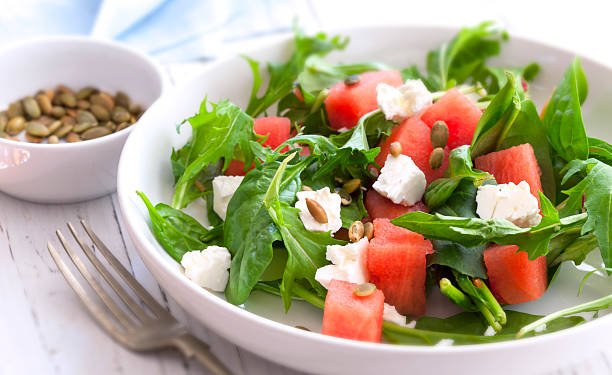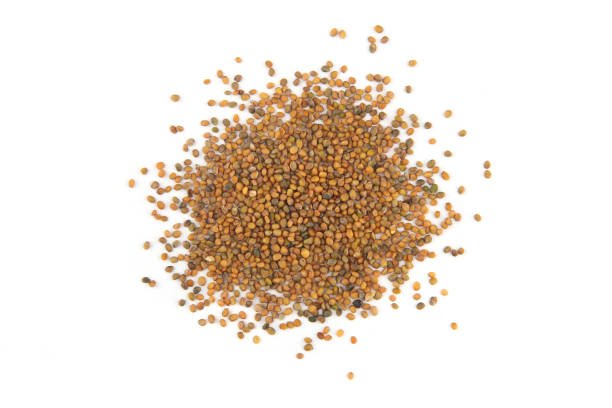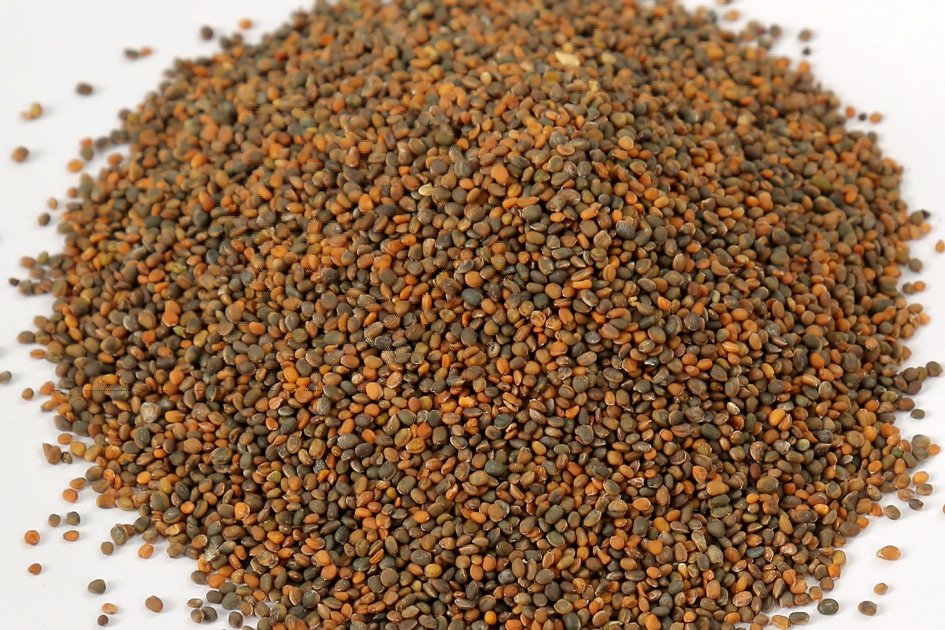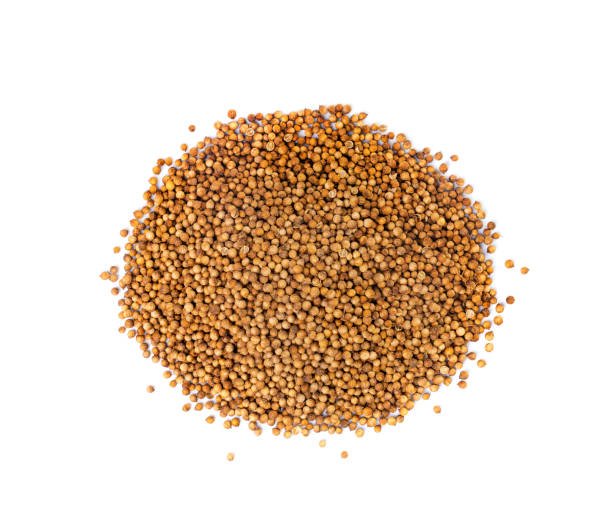Arugula Seeds
Name
Arabic: بذور الجرجير
English: Arugula seeds or Rocket seeds
Botanical Description
Arugula seeds come from the arugula plant (scientific name: Eruca vesicaria), which belongs to the Brassicaceae family. The plant is characterized by dark green leaves with a slightly peppery taste and small white or yellow flowers. The plant can reach a height of about 20-100 cm. Arugula is commonly cultivated for its edible leaves, but its seeds are also used for some medicinal and dietary purposes.
Types
Eruca vesicaria: The common type of arugula.
Diplotaxis tenuifolia: Known as “wild arugula” and has a stronger flavor.
Benefits
Nutrient-Rich: Contains vitamins A, C, K, and minerals like calcium and iron.
Antioxidant Properties: Contains compounds that help fight free radicals.
Improving Digestion: Rich in fiber, promoting digestive health.
Bone Health: Due to its high calcium and vitamin K content.
Heart Health Support: Contains compounds that help reduce inflammation and improve heart health.
Medical Uses
Boosting Immunity: Due to its high vitamin C content.
Improving Eye Health: Contains vitamin A, which supports eye health.
Anti-inflammatory: Helps reduce inflammation in the body.
Blood Purification: Believed to help detoxify the blood.
Cultivation Methods
Soil: Prefers fertile, well-drained soil.
Climate: Grows best in temperate climates.
Irrigation: Requires regular watering to maintain soil moisture.
Planting Season: Planted in spring or fall, preferring cooler weather.
Part Used as Medicine
Seeds: Used for some medicinal purposes.
Leaves: The main part used for nutrition and treatments.
Active Components
Vitamins: A, C, K.
Minerals: Calcium, iron, magnesium.
Antioxidants: Such as carotenoids and flavonoids.
Dietary Fiber: Promotes digestive health.
Export Details Worldwide
Drying: Natural sun drying and industrial drying
Packaging: Bags
Package Weight: 20 kg
Sorting and Packing: Automated





